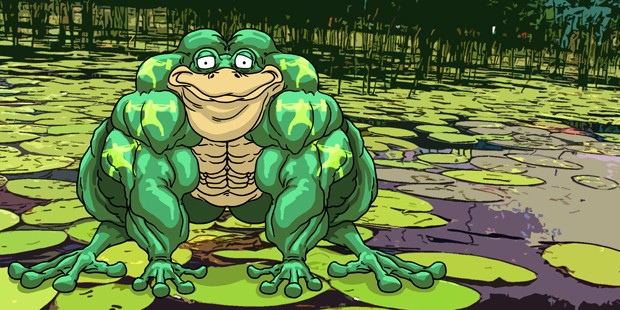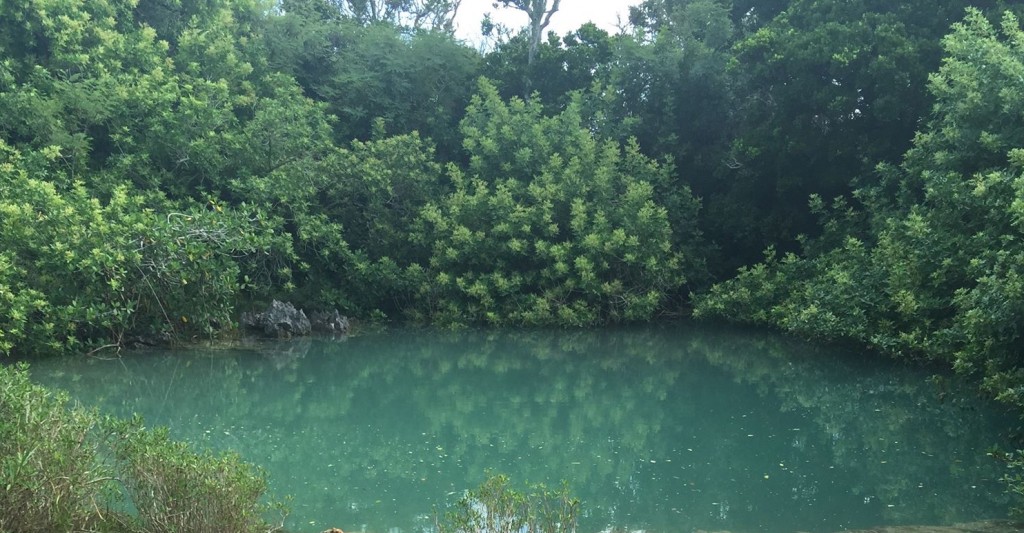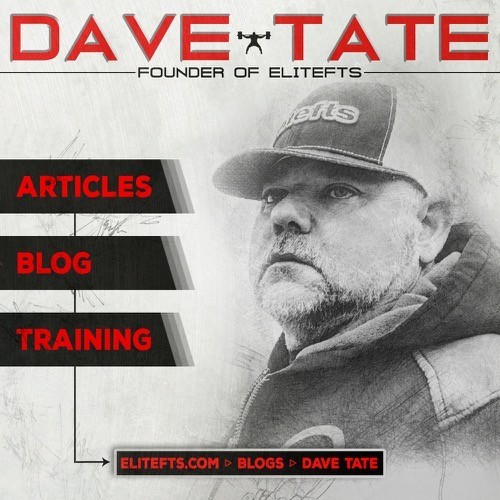
There are many lifters out there I like to refer to as “leapfrogs.”
On one end of a stream, you have a group of frogs that decide they want to go to the other side of the steam because there are SO many frogs where they are, and only so may flies. They are sick of being like all the others; they want more to eat, and want to get to the other side where all the strong, rich, and happy frogs are.
One frog looks out over the stream and sees many frogs sitting upon lily pads and logs, and he figures that is the way to cross to the other side. After building up much courage, he takes his first leap and lands upon his first pad.
In a training perspective, this would be any of the number of programs from which you could select. The frog sits on the pad for some time, and then realizes that he made progress. He is that much further away from where he started, but he still can’t see the other side. However, this new pad is nice, very nice. He has made progress and figures things are good right now, so there is no need to risk another jump. However, that is until he realizes that the food still isn’t what he really wanted, and that his goal was to make it to the other side. Now he looks for the next pad to jump to that will take him one step closer to his goals.
Things are different this time. Jumping to the first pad, while a GIANT leap, wasn’t really that bad, because there were so many open ones from which he could choose. Things aren’t the same now. As he looks around, he sees frogs all over the place, and he can’t find a free pad anywhere. So, while he waits for the next one to open up, he educates himself on all the new things that this pad has to offer, as well as researching all the other pads (the next training program he will use). Finally, a pad opens up, and he makes the next leap.
After landing, he realizes once again how much further he is from the shore, but he still can’t see the other side. This new pad is SO much better than the old one. There are more flies, more room, and the progress is so much better. He also realizes that he should have jumped to this new pad first, as that first one was totally worthless. He can’t believe how much was wrong with the old pad, and if he hadn’t jumped over to the new one, he still would be stuck in the same place.
Time passes by, and progress once again stops, and he notes from past experience that he needs to make another jump. Once again, there is nowhere to jump. All the pads are filled with frogs “croaking.” They all are frustrated because there is nowhere to jump; they are not making progress, and with each sound is another excuse or reason why they haven’t made it to the other side. It could be that the pad they are on didn’t work, that the frogs behind them keep pushing for them to leave, or that the frogs ahead of them cheated to get where they are. Regardless of the reason, it wasn’t because of them, because they were working hard and learning as much as they could. The two common factors are that they are not moving forward and they are complaining about their lack of progress.
Finally, another pad opens, the jump is made, and life is good—that is, until the critics begin, and everyone seems to be telling him he made the wrong jump. He did make some progress, but not at the same rate as before, because this open pad isn’t that much closer to the other side. He begins wondering if it was all worth it. The critics get worse, and they notice the pad has a tear in it that seems to be getting worse every day. He knows he has to jump, but the only two pads open are the same ones he already has been to, and he knows those were worthless, so he can’t go back there. Out of frustration, he jumps in the water and swims back to the shore to join his old buddies and talk about how crossing over isn’t for him. Getting to the other side is just for those who are genetically gifted, or for those who know someone who know an alligator that they can ride over on (that won’t eat them). He figures he has paid his dues, and learned an immense amount of specialized knowledge while on each pad, but he was just not lucky enough to get to the other side.
Upon returning, he realizes that he actually knows more than all of the frogs who never jumped in the first place. This isn’t just his opinion, either; rumors have started that he actually may know more than those who are sitting on the other side. This is validated when one of the frogs from the other side (aka, Master Frog) comes back to visit family and a discussion on training starts. This frog knows a lot about his own training, but compared to the other frog, the specialized knowledge isn’t even in the same ballpark.
This leaves our frog even more frustrated and jealous, but he didn’t want to be a critic, because he remembered what it was like when he was out on the water himself. He decided he needed to ask this frog how he got to the other side, and how he planned to get back after his visit was over.
What he was told surprised him. Master Frog told himhe wasn’t a jumper, but a swimmer. Rather than jumping from pad to pad (program to program), he learned all of the basic principles of swimming, fighting, hiding, etc., before he got in the water. He also studied some of the specialized information as it would relate to his journey, such as what snakes like to eat frogs, what items in the water are the same color so he can hide, and if he had to emerge, where the best place to do so would be. He knew he didn’t want to take the same road as everyone else, because most fail. He knew his road would be a greater risk, but he also figured that if he took the general and specialized skills he knew and used, and used what he saw and learned while in the water, his chances were good. He also KNEW he would make it.
He took the road less traveled and put what he knew into action. He didn’t take the same road as everyone else, and he didn’t waste his time on specialized knowledge he would not use. He figured any specialized knowledge he would need on the other side could be found there in those who made it or elsewhere. He also stated that getting back wouldn’t take nearly as long, because he now knew what to do and look out for.










